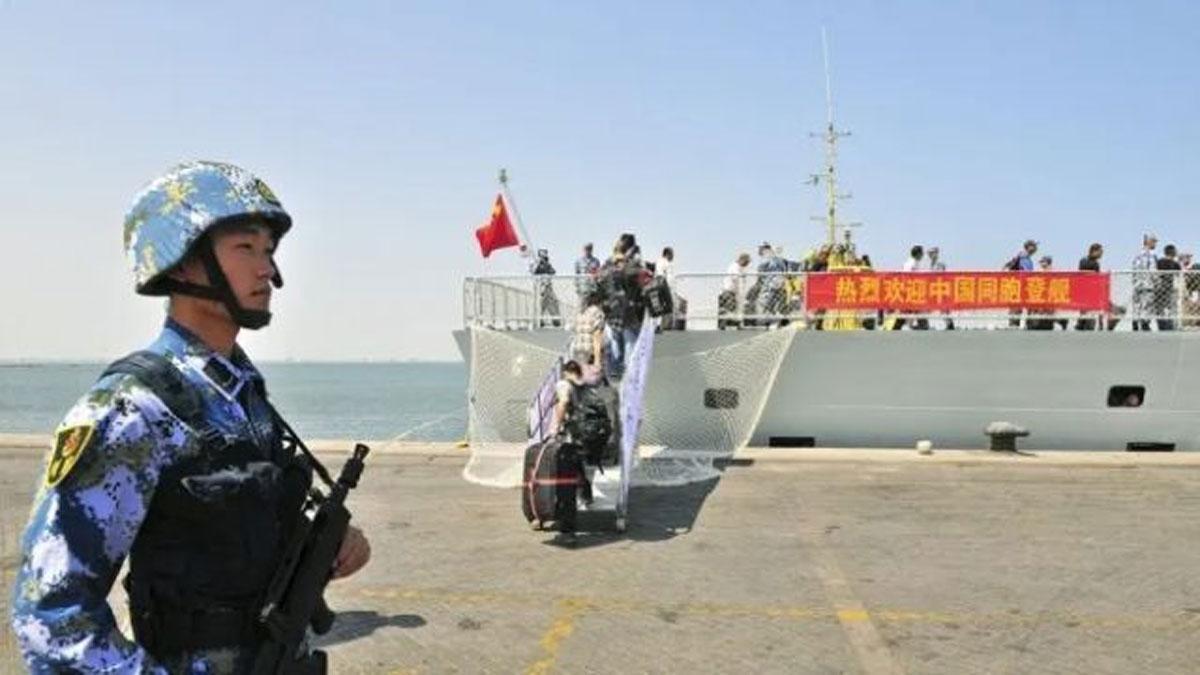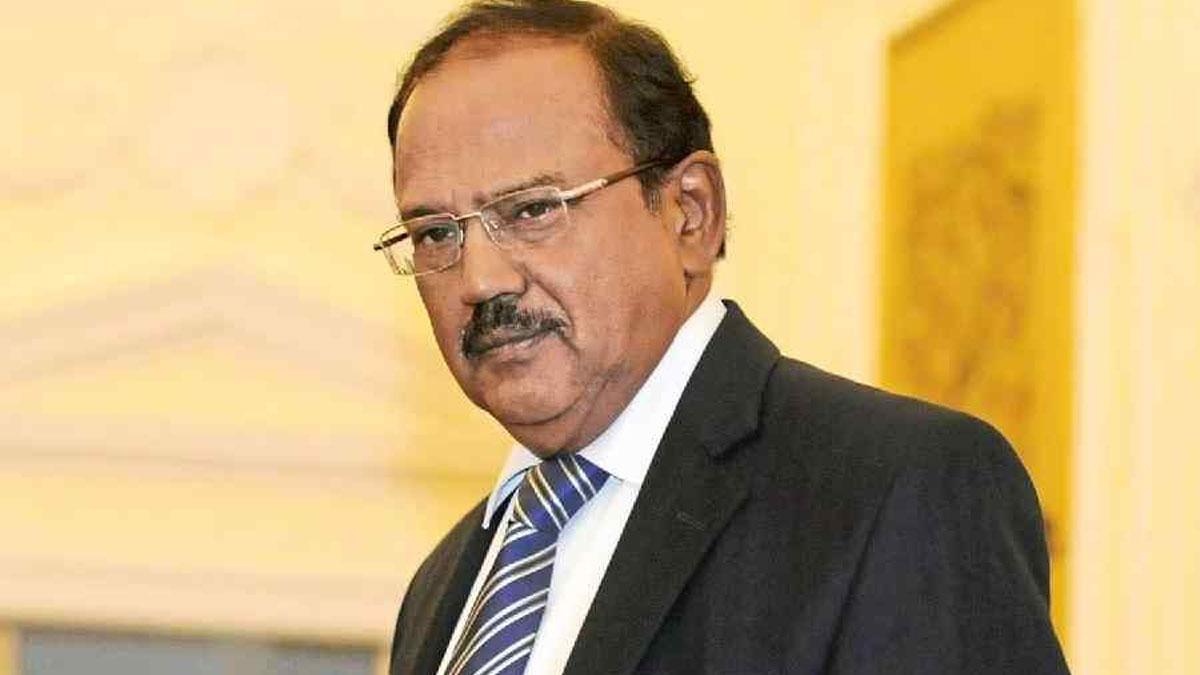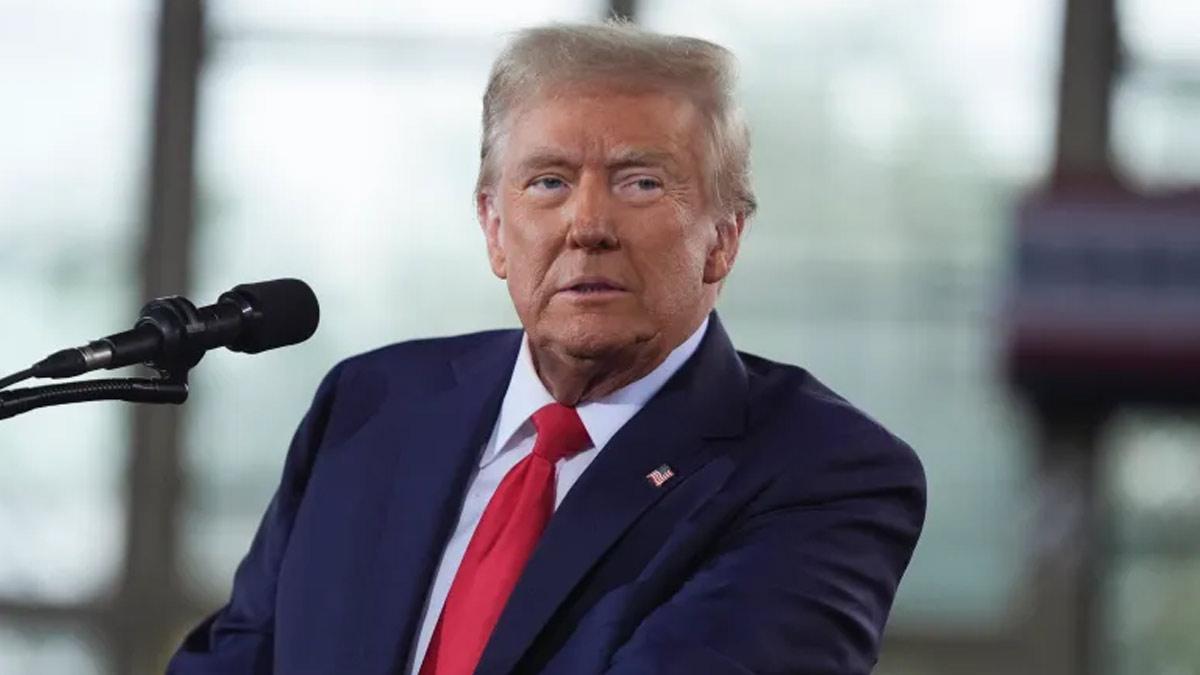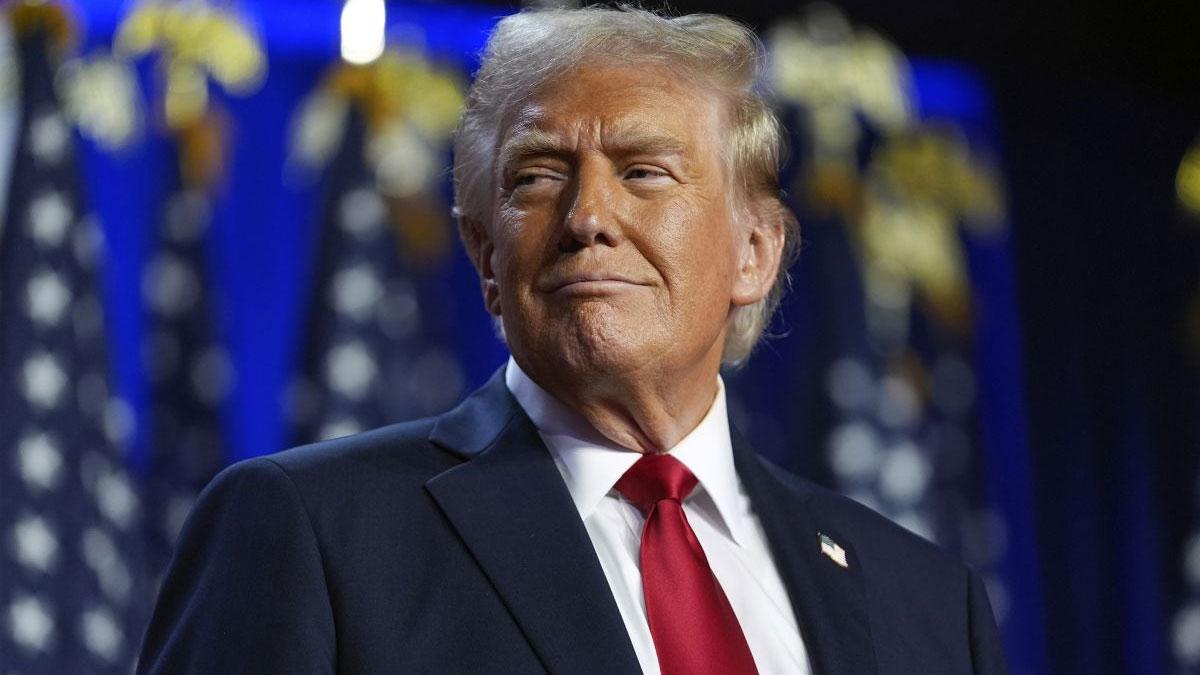According to a recent report from the US Intelligence Community, China is purportedly contemplating the establishment of military installations in several locations, which include Pakistan, Burma, Cuba, Equatorial Guinea, Seychelles, Sri Lanka, Tajikistan, Tanzania, and the UAE. These potential facilities are in addition to China's existing military bases in Djibouti and its operational facility at Ream Naval Base in Cambodia.
The report highlights Beijing's strategic objective of achieving a fully modernized national defense and military force by 2035, with aspirations for the People's Liberation Army (PLA) to attain world-class status by 2049. This ambition is underscored by the Chinese Communist Party's (CCP) desire to safeguard claimed sovereign territories, assert dominance in regional affairs, and extend global influence. One of the key aims is to establish a deterrent against potential US intervention in a cross-Strait conflict.
However, despite these aspirations, the report points out China's lack of recent combat experience, potentially diminishing the PLA's operational effectiveness and the leadership's inclination to engage in conflict.
The assessment also highlights President Xi Jinping's emphasis on security and stability for the CCP, which is seen as potentially hindering China's capacity to address complex domestic challenges.
Moreover, Beijing's stringent stance on perceived separatist movements in regions such as Xinjiang, Hong Kong, and Tibet, coupled with broader crackdowns on religious and dissenting voices within China, has drawn significant international condemnation for human rights violations and interference beyond its borders.


















